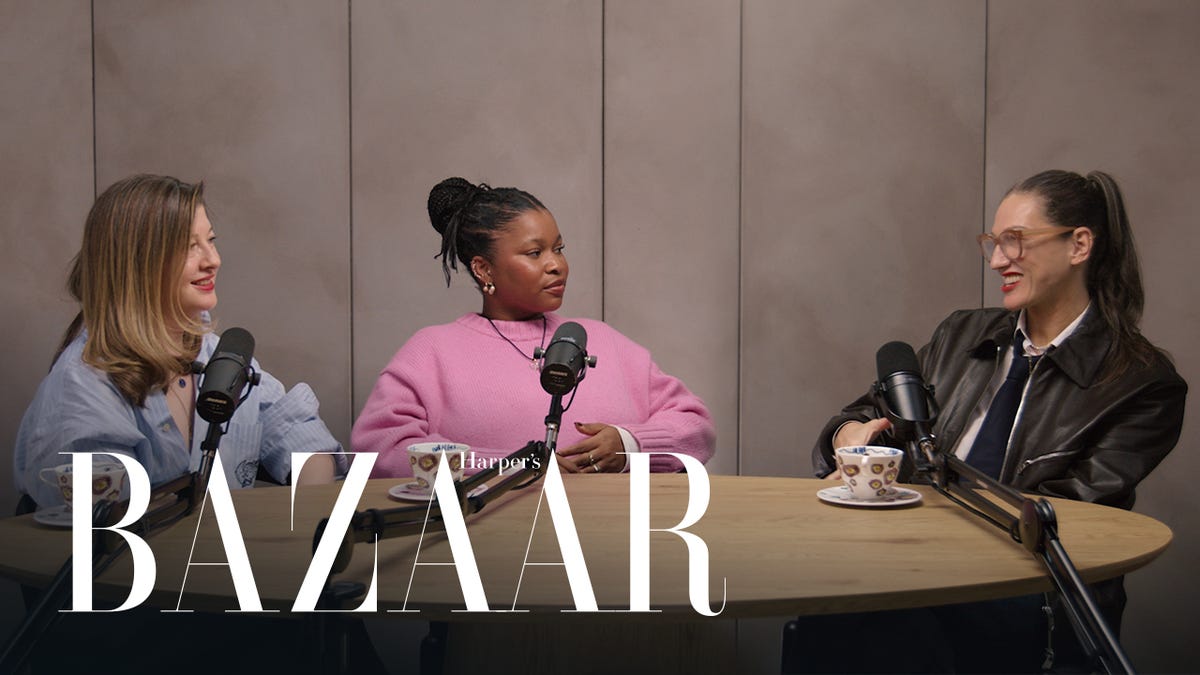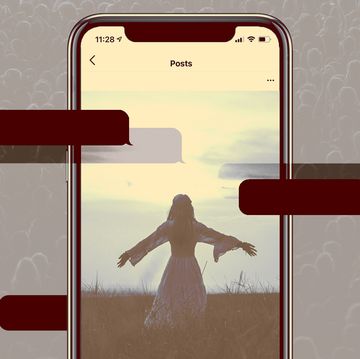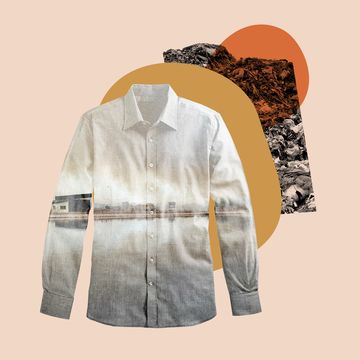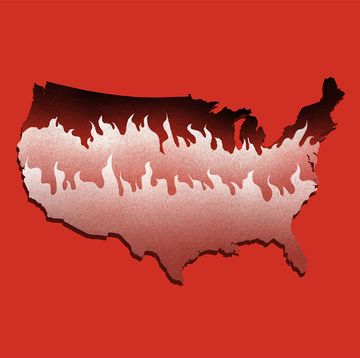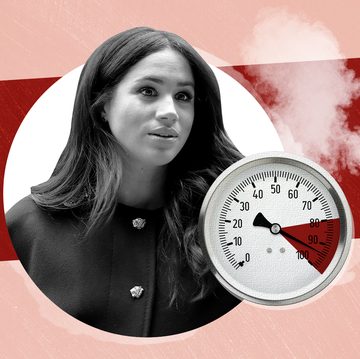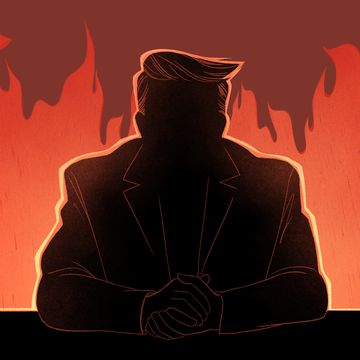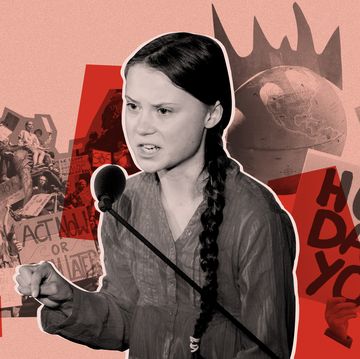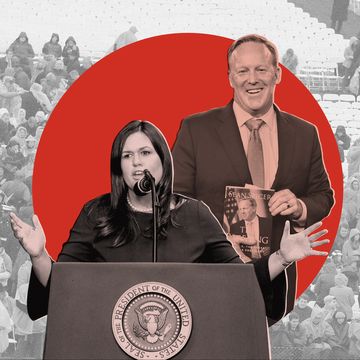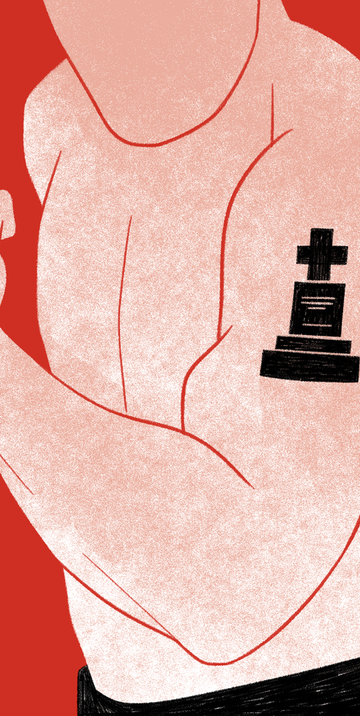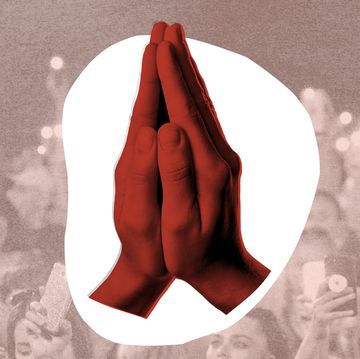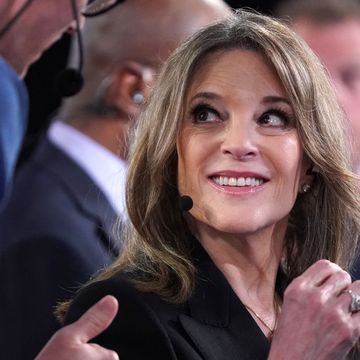Celebrity was very different in Michael Jackson’s age. His age was not so long ago, of course. The '80s and '90s feel very recent, until you remember no one had cell phones. Social media didn’t exist. Most people barely used E-mail. And because of that, the way we encountered famous people came through a careful filter of television talk shows and magazines with beautiful covers and stories that had been run through a publicist.
The result was that famous people were not quite as human as they are now. There was no Twitter where a celebrity might rage at an ordinary person for a casual criticism. There was no Instagram where they could broadcast their most spectacular but also most embarrassing moments. They didn’t make Snapchat stories of themselves making mediocre meals for you to mock. Social media has made it so that everyone who wishes to be famous can, indeed, be a little bit famous. But it’s also taken the remoteness out of fame. The appeal of stars used to be, to paraphrase Addison DeWitt “their complete lack of resemblance to normal human beings.” Now, with every stupid tweet a movie star sends out, we remember they’re exactly like us.
But back then, celebrities had to choose to walk among us, like Gods descending from Olympus. Looking back on the cult surrounding Jackson and others like him from this time, Craig Jensen wrote in Vulture, “They were like demigods… It all seems religious in retrospect.” The people who loved Michael Jackson did not just love him. They worshipped him.
They still do, judging from the reactions to the new documentary Leaving Neverland. The documentary is intended to showcase the stories of Wade Robson and James Safechuck, two men who Jackson befriended as children, and who claim to have been molested by him. The alleged abuse began when Robson was 7 and Safechuck was 10. For a while, the boys were his best friends and child “traveling companions”—which the abundance of archival news footage reminds modern audiences is not, and has never been, a thing. When they grew older, he replaced them with younger boys, to their dismay and great confusion.
It’s needless to say that their stories are harrowing, but they are. It’s hard to imagine that anyone would subject themselves to this simply because they are interested in fame, especially given how few, for instance, of Bill O’Reilly’s accusers names are even remembered. Before the documentary ends, Robson and Safechuck discuss how coming forward had made them reviled among certain Michael Jackson fans, send the two men death threats, and create videos discussing how much they hate them. If you are doubtful about this, you can look at the people responding to Leaving Neverland with indignation and fury towards Robson and Safechuck.
I have written about sexual abuse before. That means I have heard all of the thin defenses, like “they’re lying for money”.
This point-of-view conveniently ignores that Jackson, and now his estate, have always had an interest in lying to preserve his vast wealth.
There’s also, “this is a disservice to the real victims (that is to say, the victims of people we don’t like)”.
Well, since every person accused of a crime has some friends who will come to their defense, this merely insures that it is always terrifying for real victims to come forward.
There’s also, “if an abuser did not abuse every person they encountered, they are innocent”.
This argument falls apart immediately, as it should, when applied to any other crime. Arsonists do not burn down every building they enter and murderers do not kill everyone that they meet.
The only difference is that these statements are usually leveled at women, not men. Seeing these comments directed to Safechuck and Robson is a reminder of how sexual abuse, and our willingness to overlook it, does not just have to do with gender. It has to do with how readily people will side with the powerful rather than the powerless.
It is always easier to side with the powerful. It is less likely to make us reevaluate our worldview and the things we enjoy. Believing Michael is innocent means you never have to stop dancing along to "Smooth Criminal". Believing the powerless means your response to something you may have hitherto enjoyed has to become much more nuanced.
And, if what they’re saying is true, Robson and Safechuck were deeply powerless. When they met Michael Jackson, they were both young children. And not just any young children, but children who adored Jackson. Robson came to Jackson’s attention because he imitated him when he was five years old. Jackson invited him onstage to dance with him, and Robson recalls that he felt he’d met “my idol, my mentor and my God. It was like I’d been anointed.”
Safechuck’s first meeting with Jackson was after he played a Jackson fan in a Pepsi commercial, and remembered that Michael “was larger than life. There are no stars like that now, that kind of megastar. Everyone wanted to meet Michael.” He recalls that Jackson’s attention made him feel like the luckiest boy in the world.
It was perhaps this level of worship that allowed for the abuse Michael Jackson was reportedly able to inflict. It’s not surprising that the boys were initially reluctant to testify against him in court. Many victims in their position might prefer to settle out of court—if they came forward about accusations at all. Who would rush to condemn a man who, from an early age, they’d not only loved, but idolized? Especially when it meant battling a throng that idolizes him still?
One of the troubling aspects that comes across repeatedly in the documentary is not just the children’s cult-like devotion to Michael Jackson, but their parents'. It’s too easy just to say that they were fools or stage mothers desperate for success. They still seem overwhelmed describing the first class flights, and going backstage at concerts. No doubt that was very exciting. More than that though, they seemed to feel blessed just by the fact that Michael wanted to be with them, these middle-class, ordinary people that Michael claimed he considered his only true friends. “I loved him,” Safechuck’s mother said, claiming she regarded him as another son. Robson’s sister rapturously recalls the Neverland Ranch as seeming like “a little heaven.”
Does that make it seem more normal that, as the documentary shows, Michael slept in the same bed with 7 year olds? Or that he bought them jewelry resembling a wedding ring, which Safechuck holds up with shaking hands? Or that he spent hours each day on the phone with a child? Or that he sent faxes that can only be read as love notes?
No.
None of it is normal. None of it is commonly considered acceptable. No more so because of the repeated assurances from Michael’s entourage and others on the documentary that “[Michael] is like a 9-year-old little boy.” He was not a 9-year-old boy. He was a 30-something man, with a 30-something man’s body. Frankly, a 30-something man with the moral compass of a 9-year-old does not strike me as a reassuring prospect when it comes to “individuals I’d entrust my child to.” Give me a middle aged man without a toy train running around his bedroom who everyone agrees is a boring, responsible adult who acts his age if I have to entrust a child to someone. Ideally, I’d like him to seem a little put upon, and say something like, “you owe me one.”
It would take incredible mental gymnastics for most of us to think of Jackson’s actions as anything but predatory behavior. If it was a normal man living down the street asking these parents to let their kids vacation with him alone for days, I don’t think they would, for even a second, see him as anything but a likely child molester. I do not think they would hesitate to tell other people to keep their children away from such a man.
But Jackson wasn’t regarded as a normal man. Robson recalls, when Jackson suggested a sleepover after knowing him briefly, the family feeling like “they’d known him. He was in my living room on the television.” Many people feel like they know him. He was, and still is, fanatically adored. I imagine the voice in a parent's head saying “this is obviously predatory behavior” might be drowned out by the throng of people who shouted and are still shouting “this good, innocent man would never hurt a child.” And there are so many of those voices.
And that throng of people don’t just sing out regarding Michael Jackson. The victims of priest pedophilia talk of being dismissed because they were children, and because priests occupied an important role in their parent’s worldview. Children recall telling their parents about being abused by priests, and the parents slapping them and replying, “You don’t lie about a priest like that.” The Boston Herald recalled that, “Many survivors of clergy sexual abuse have recalled how happy their parents were that a priest—a star in their eyes—was giving their child so much attention.”
We all have our priests, the figures in culture who we regard as so pure as to be above condemnation.
Wade Robson’s sister notes on the documentary regarding his defenders, “These people don’t even know Michael. They know Michael Jackson the amazing musician and the amazing superstar. I’m not taking anything away from Michael’s talent as a superstar, but as a person, he’s hurt people.”
No human is infallible, and the sooner we collectively realize that, the better. There are no Gods among us. There are only people. Most of us are trying to be good. Some are bad. Maybe those bad people, too, are trying to be good, and just failing at it much more grievously than the rest of us.
As for men like Michael Jackson—he was never worthy of worship. He was just a bad man who made good songs.

